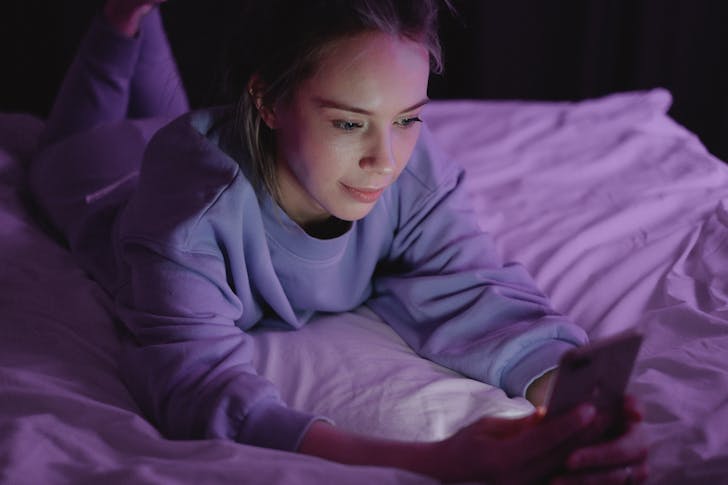‘Addictive Use’ of Phones Poses Greater Mental Health Risk Than Screen Time for Teens, Study
Mental health is not just shaped by how long teens stare at screens. It is about how they use them. A new study published in JAMA on June 18, 2025, tracked over 4,000 U.S. kids from age 9 to 14 and found something huge. Screen time by itself? Not the main problem. But teens who showed addictive behavior with phones, games, or social media had a much higher risk of suicidal thoughts and actions.
That means hours spent watching YouTube or texting are not automatically bad. What matters more is how those hours feel. If teens crave their phones like a drug, get upset without them, or skip sleep, school, or friends to scroll, that is a red flag.
This kind of compulsive use was linked to a two to three times higher chance of suicidal thoughts or behavior. That is not something to brush off.
Mental Health Risks Go Deeper Than Just Time
You can’t fix teen mental health by slapping on a screen-time limit. That is the big takeaway. The research showed that many kids used screens a lot but had no real mental health problems. But the ones who couldn’t stop, who used screens to avoid life or deal with pain, were at serious risk. Addiction, not hours, is the issue.
Experts say these kids are not just lazy or obsessed. Their brains are still growing, especially the part that controls impulses and decision-making. When social apps and games are built to keep users hooked with likes, streaks, or never-ending content, teens are easy targets.

Tima / Pexels / The study found that addictive screen use doesn’t hit all teens equally. Kids from lower-income homes, especially Black and Hispanic youth, showed higher rates of this behavior.
For many of these teens, phones are their only way to connect, escape, or cope. But when that coping turns into dependency, their mental health takes the hit. Over 25% of kids in the study developed worsening phone addiction over time, and nearly half had consistently high levels.
Platforms Profit from Teen Struggles
Big tech knows how this works. Algorithms are built to grab attention, trigger emotion, and keep users coming back. The study suggests that policy shouldn’t just tell kids to get off their phones. It should demand that companies stop designing platforms that mess with teen psychology.
Experts are now pushing for “age-appropriate design” laws. The U.K. passed one in 2020, and the U.S. might not be far behind. It is about making platforms safer, not just shaming kids for using them. Because if you build an environment that feeds compulsive use, don’t act shocked when addiction follows.
Escaping Reality Makes Teens’ Mental Health Worse
Another key point is that teens who use screens to escape problems have worse mental health outcomes. When life feels out of control, like family issues, bullying, trauma, phones become an easy out. But instead of helping, that escape often deepens the pain. Anxiety and depression get worse, NOT better.

SHVETS / Pexels / Long-term data shows that teens who use tech to avoid feelings or stress are more likely to struggle with mood disorders.
And many teens who died by suicide had a history of self-harm, often tied to trauma. Addictive screen use doesn’t cause that trauma. But it can make recovery a lot harder.
The study urges that it is time to stop making screen time the villain. The real danger is in the patterns that feel impossible to break. That is what crushes mental health over time. Parents, schools, and health providers need to focus on those patterns.